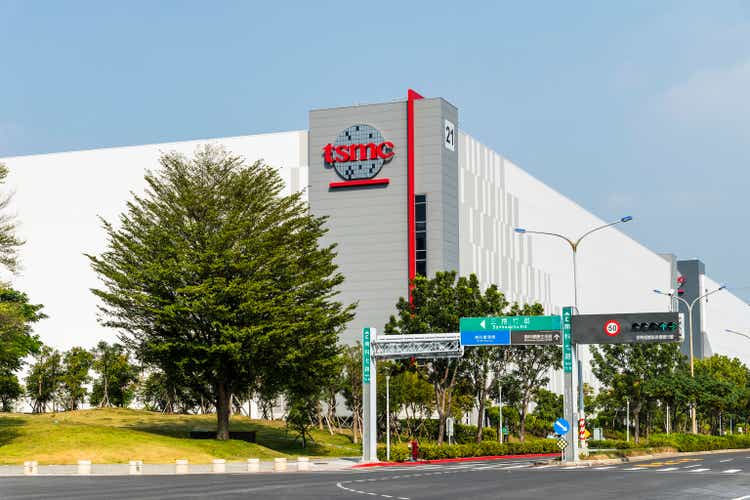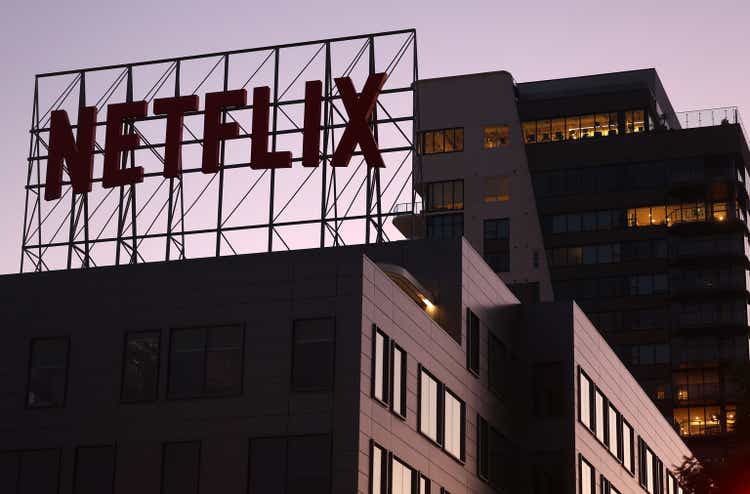Flurry of bilateral deals in offing: India will engage from a position of strength, says Piyush Goyal

The country’s combined goods-and-services exports would cross the $2-trillion mark in a decade or earlier, enabling it to blossom into the ‘big league’ of world trade, the minister said.
Union minister for commerce & industry, consumer affairs, textiles, food and public distribution Piyush Goyal on Friday strongly rebutted the notion of a slight protectionist twist in India’s foreign trade outlook and asserted that the country was actually looking for much greater engagement with the world markets with “definitive offensive interests”.
The country’s combined goods-and-services exports would cross the $2-trillion mark in a decade or earlier, enabling it to blossom into the ‘big league’ of world trade, the minister said.
Speaking at the fifth edition of the FE CFO Awards here, the minister said the flurry of free trade agreements being signed by New Delhi with its leading trade partners bore testimony to the country’s commitment to being an integral part of a global trading system so long as it was “rule-based, transparent and fair”. “It is (not going to be) an India which closes its doors to the rest of the world, but one that would engage with the world from a position of strength,” he said.
He, however, made it clear that the Modi government won’t reconsider its decision to pull out of the China-dominated Regional Comprehensive Economic Partnership (RCEP), as Beijing’s trade and pricing policies remained opaque.
The recent Comprehensive Economic Partnership Agreement (CEPA) with the UAE, India’s first shot at a bilateral trade deal in over a decade would be followed by an array of deals with the whole of the Gulf Cooperation Council, Australia, Canada, the UK, European Union and Israel, the minister said.
Terming the India-UAE CEPA an ‘excellent pact’, he said, its full text would be made public in a couple of days. “We are emboldened with the success of (UAE pact) and it will help expand bilateral trade from around $65 billion now to $100 billion very soon,” he said, pointing out that the UAE would serve as a gateway for India to not only West Asia but also Africa and some European countries. India was poised to take huge strides towards Atmanirbharta (self-reliance), thanks to assorted policy steps meant for improving the scale and competitiveness of the Indian industry, the minister said, adding that this would help the country become a trusted trade partner of the developed world.
gNo country in the world has achieved sustainable economic growth without international engagement. We are, therefore, keen to expand our footprint in the developed world.” he said. The minister, however, stressed that the interests of India’s small-scale industries and the farm sector would need to be safeguarded when multilateral/bilateral trade decisions were taken.
India’s merchandise exports exceeded an ambitious target of $400 billion for FY22 nine days before the fiscal was set to end; the previous high was $330 billion exports recorded in FY19.
Goyal said the country may end up with goods exports of $410 billion in the current fiscal, while services exports too would be a record $250 billion.
These thresholds, the minister said, would serve as stepping stones for the country. India’s goods and services exports would ‘converge’ (to be on a par) in the next few years, the minister said, implying that the growth in services segment is expected to be much higher.
The production-linked incentive schemes for 14 sectors involving government expenditure of Rs 2 trillion would enable the Indian industry to achieve economies of scale and global competitiveness, the minister said. These schemes, he noted, laid special emphasis on frontier sectors like technical textiles, drone manufacturing and specialty steel, in keeping with their vast potential.
Goyal said the PM Gati Shakti mission would help India develop infrastructure in an organised manner and bring down the country’s high logistics costs.
India had pulled out of the RCEP talks in Bangkok on November 4, 2019, and made its return incumbent on adequate redressal of its concerns. New Delhi was unwilling to budge on its demands for an “auto-trigger” mechanism for safeguarding its industry from dumping, and strict rules of origins of imported products to check the abuse of tariff concessions. Also, New Delhi was steadfast in certain demands, including credible steps and market access to address India’s $105-billion trade deficit with RCEP members, change in the base year to implement the tariff abolition from 2014 to 2019 and a more balanced deal on services.
Checkout latest world news below links :
World News || Latest News || U.S. News
Source link



